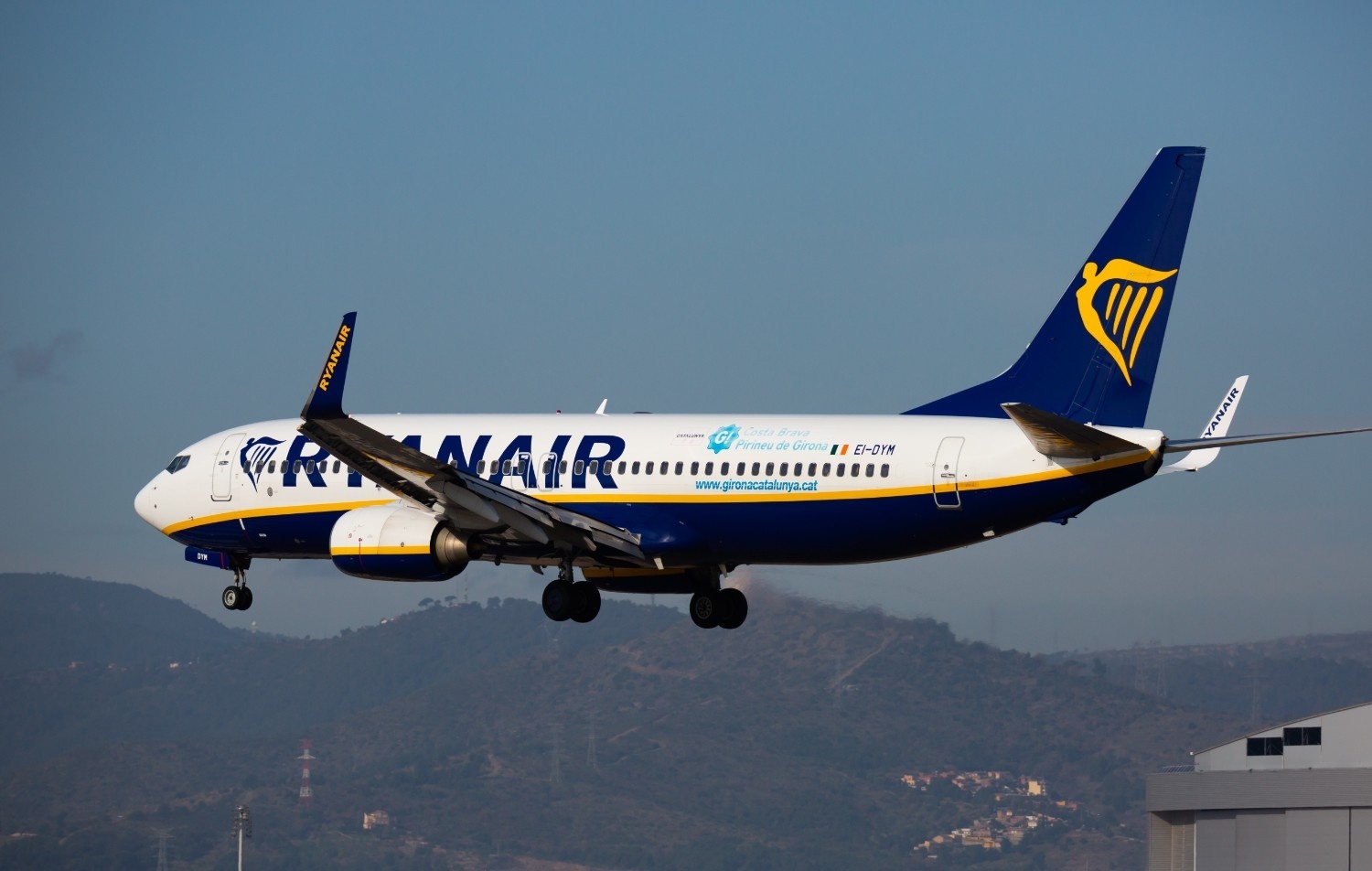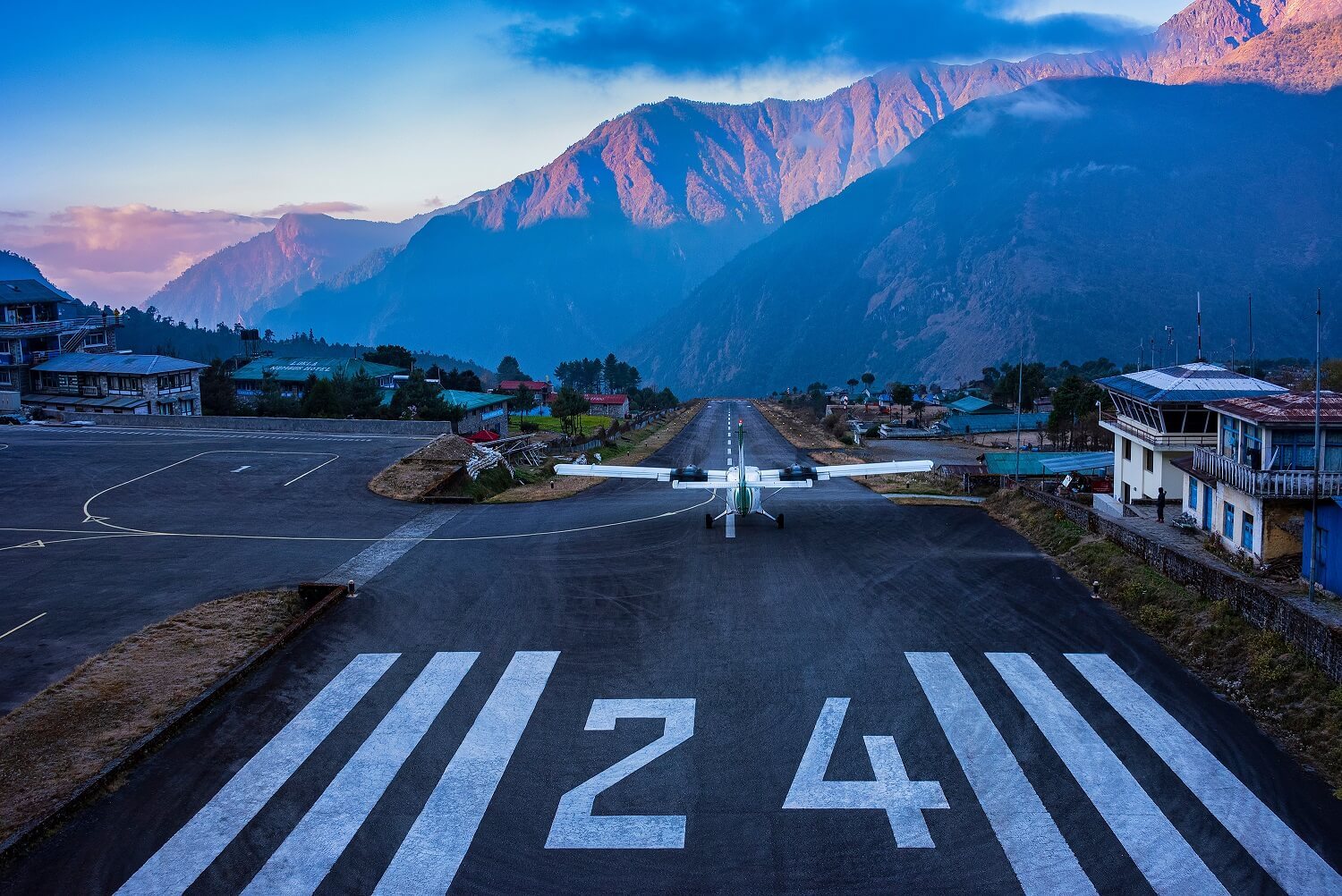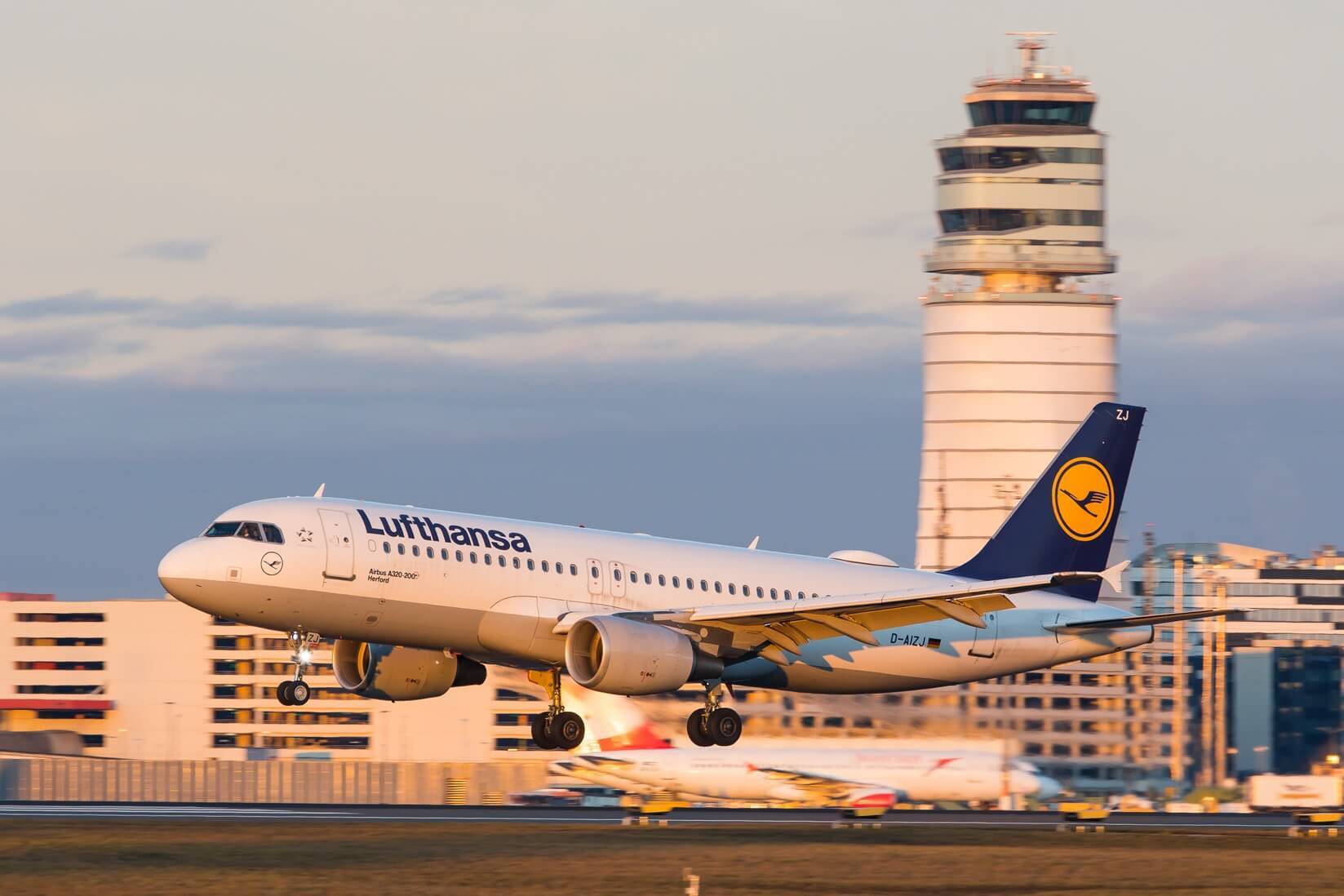Travelers face restrictions as Niger bans French passengers

In a move to curb the spread of COVID-19, Niger has imposed a ban on French travelers entering the country. This decision comes amidst concerns about the highly contagious Omicron variant and follows similar measures implemented by several nations worldwide. The prohibition, effective immediately, has left travelers scrambling to rearrange plans and raised questions about the efficacy of such measures.
The omicron variant concerns
The emergence of the Omicron variant has triggered widespread alarm due to its rapid transmission rate. Concerns about its potential impact on public health have prompted governments to implement stringent measures to prevent its spread. Niger's decision to prohibit French travelers reflects its commitment to safeguarding public health and preventing the further spread of the virus within its borders.
Impact on travelers
For French travelers planning to visit Niger, the sudden imposition of restrictions has caused significant disruption. Many individuals have had to cancel or postpone their trips, leading to frustration and inconvenience. The uncertainty surrounding travel restrictions has also created anxiety among those with essential travel needs, such as business professionals and humanitarian workers.
In the midst of evolving travel restrictions, travelers are faced with the daunting task of navigating uncertainty. With limited information available, many individuals are unsure about the duration and scope of the ban. This lack of clarity compounds the challenges already faced by travelers, making it difficult to make informed decisions about their plans.
Mitigating the spread of covid-19
While travel restrictions may inconvenience some individuals, they serve a crucial role in mitigating the spread of COVID-19. By limiting the movement of potentially infected individuals, governments can reduce the risk of transmission and protect public health. Niger's decision to ban French travelers underscores the importance of proactive measures in combating the pandemic.
The global nature of the COVID-19 pandemic necessitates international cooperation and solidarity. As countries grapple with the challenges posed by new variants, collaboration is essential in developing effective strategies to contain the virus. Niger's decision to implement travel restrictions reflects its commitment to working with the international community to address shared health concerns.
Balancing public health and economic considerations
While prioritizing public health remains paramount, governments must also consider the economic implications of travel restrictions. The tourism industry, in particular, has been severely impacted by the pandemic, with businesses and livelihoods at stake. Finding a delicate balance between safeguarding public health and supporting economic recovery is essential in navigating the challenges posed by COVID-19.
As the situation continues to evolve, travelers are advised to stay informed and flexible in their plans. While travel restrictions may present obstacles, they are implemented with the intention of protecting public health and preventing the further spread of COVID-19. By remaining vigilant and adhering to guidelines, individuals can contribute to efforts to combat the pandemic and facilitate the eventual return to normalcy.
Niger's decision to ban French travelers underscores the ongoing challenges posed by the COVID-19 pandemic. While travel restrictions may disrupt plans and cause inconvenience, they are a necessary measure to safeguard public health. By prioritizing collaboration and solidarity, the international community can work together to overcome the challenges posed by the virus and pave the way for a safer, healthier future.
Latest posts
Ryanair goes paperless – What this means for your next flight
Ryanair ends paper boarding passes on Nov 12, 2025. Travelers must use the myRyanair app for check-in and boarding.
Flight delays and cancellations in August 2025
Check which flights were delayed in August 2025 – you may still be entitled to claim up to 600 € in compensation.
Flight delays and cancellations in July 2025
Check which flights were delayed in July 2025 – you may still be entitled to claim up to 600 € in compensation.












